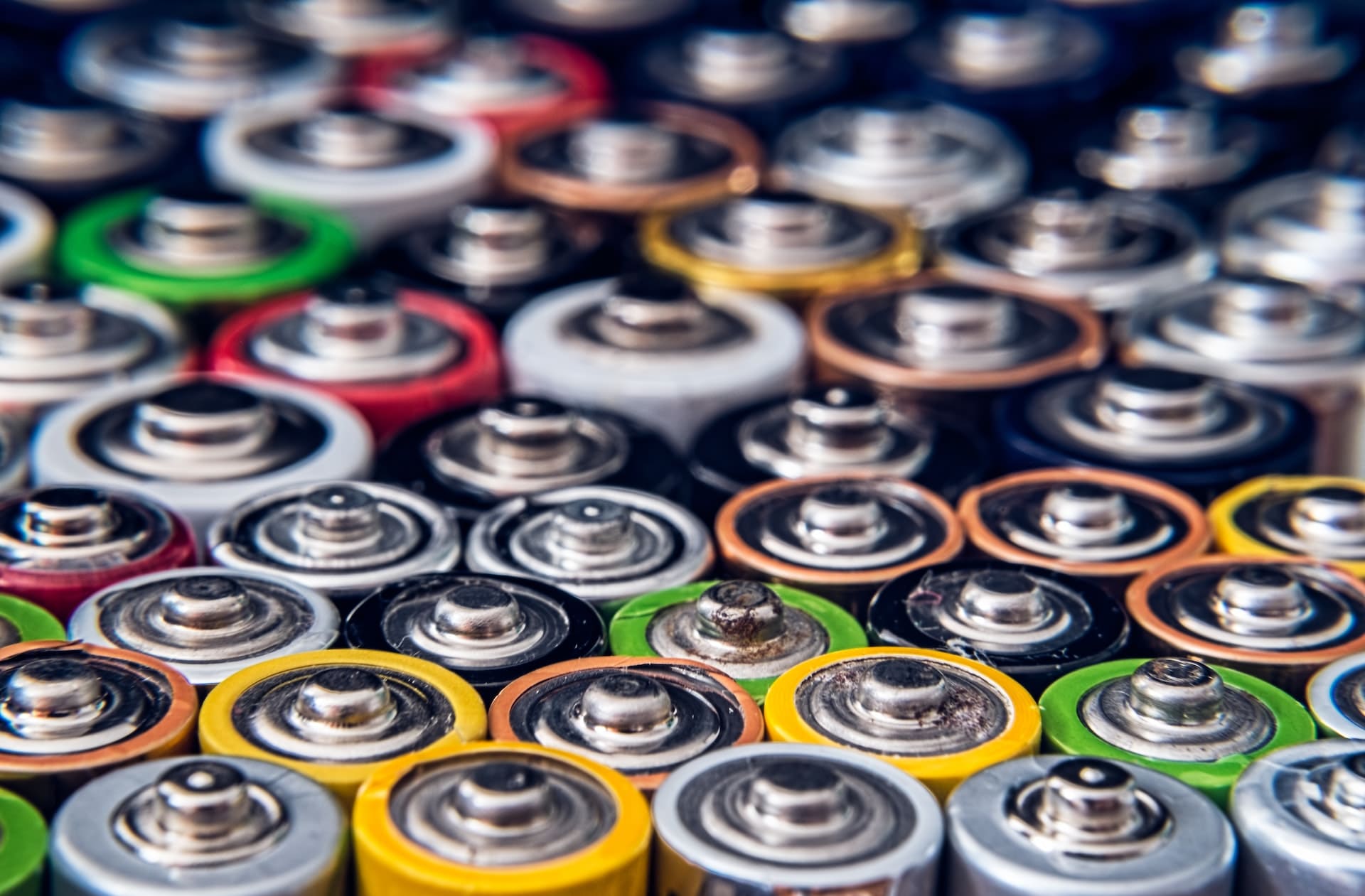
Photo by Roberto Sorin on Unsplash
It's no secret that single-use batteries are bad for the environment. Not only do they contain harmful chemicals, but they also take a long time to decompose. This is why more and more people are looking for sustainable alternatives to single-use batteries. This article will discuss the best sustainable battery alternatives available today!
1. Solar Batteries
Solar batteries are an environmentally friendly alternative to traditional single-use batteries. They are powered by the sun, so they don't emit any harmful emissions. Additionally, solar batteries can be used repeatedly, making them a very sustainable option. They are also very easy to find and purchase as they are widely available online and in most hardware stores.
2. Wind-Up Batteries
Wind-up batteries are another great sustainable alternative to traditional single-use batteries. They work by being wound up, which generates power. This power can then be used to run small devices, such as radios or flashlights. Wind-up batteries are very easy to use and often much cheaper than traditional ones.
Additionally, they don't require special care or maintenance, making them a very low-maintenance option. Wind-up batteries are also very easy to find, as they are widely available online and in most hardware stores.
3. Hydro Batteries
Hydro batteries are sustainable batteries that use water to generate power. They work by using the natural flow of water to create energy. Hydro batteries are a great alternative to traditional single-use batteries because they are renewable and environmentally friendly.
Additionally, hydro batteries can be used repeatedly, making them a very sustainable option. However, hydro batteries can be more expensive than other types of sustainable batteries.
4. Geothermal Batteries
Geothermal batteries are another sustainable battery that uses the earth's heat to generate power. They work by using the heat from the earth's core to create energy. Geothermal batteries are a great alternative to traditional single-use batteries because they are renewable and environmentally friendly. However, geothermal batteries can be more expensive than other sustainable batteries.
5. Wave Power Batteries
Wave power batteries are sustainable batteries that use waves' power to generate power. They work by using the natural movement of waves to create energy. Wave power batteries are a great alternative to traditional single-use batteries because they are renewable and environmentally friendly.
Additionally, the battery electrolyte helps to convert the wave's kinetic energy into electrical energy, which is then stored in the battery. The battery's electrolyte is also used to protect the metal electrodes from corrosion.
6. Supercapacitors
Supercapacitors are sustainable batteries that use electric double-layers to store energy. They work by using activated carbon to store energy in an electric double-layer. Supercapacitors are a great alternative to traditional single-use batteries because they are very efficient and have a long shelf life.
Additionally, supercapacitors can be used over and over again, which makes them a very sustainable option. However, supercapacitors can be quite expensive to purchase.
7. Lithium-Ion Batteries
Lithium-ion batteries are a type of battery that uses lithium ions to generate power. They are one of the most popular types of batteries on the market today, as they are very efficient and have a long shelf life. However, lithium-ion batteries can be quite expensive to purchase. Additionally, they require special care and maintenance to work properly.
8. Nickel-Metal Hydride Batteries
Nickel-metal hydride batteries are a type of rechargeable battery that is similar to lithium-ion batteries. They are often used in electronic devices as they are very lightweight and have a high energy density. Additionally, nickel-metal hydride batteries have a long shelf life and can be charged and discharged many times before they need to be replaced.
9. Lead-Acid Batteries
Lead-acid batteries are rechargeable batteries that are very popular in cars and other vehicles. They are very durable and have a long shelf life. However, lead-acid batteries can be quite heavy and bulky, making them less ideal for portable devices. Additionally, lead-acid batteries require special care and maintenance to work properly.
10. Flywheel Batteries
Flywheel batteries are a type of sustainable battery that uses the power of a spinning flywheel to generate power. They work by using the flywheel to create energy that is then stored in the battery. Flywheel batteries are a great alternative to traditional single-use batteries because they are renewable and environmentally friendly.
Additionally, flywheel batteries can be used repeatedly, making them a very sustainable option. However, flywheel batteries can be more expensive than other sustainable batteries.
Wrapping Up
There are a variety of sustainable alternatives to traditional single-use batteries. Each option has its benefits and drawbacks that should be considered before deciding. Ultimately, the best battery choice will depend on the specific needs and requirements of the application.
You may also like
7 Tips for Making Your Business More Energy-Efficient
Sustainable Packaging: Why It Matters For Your Business
E-Waste Recycling: Is It a Worthy Cause?
Why Mother Earth Loves Hemp: Insights on Sustainability
